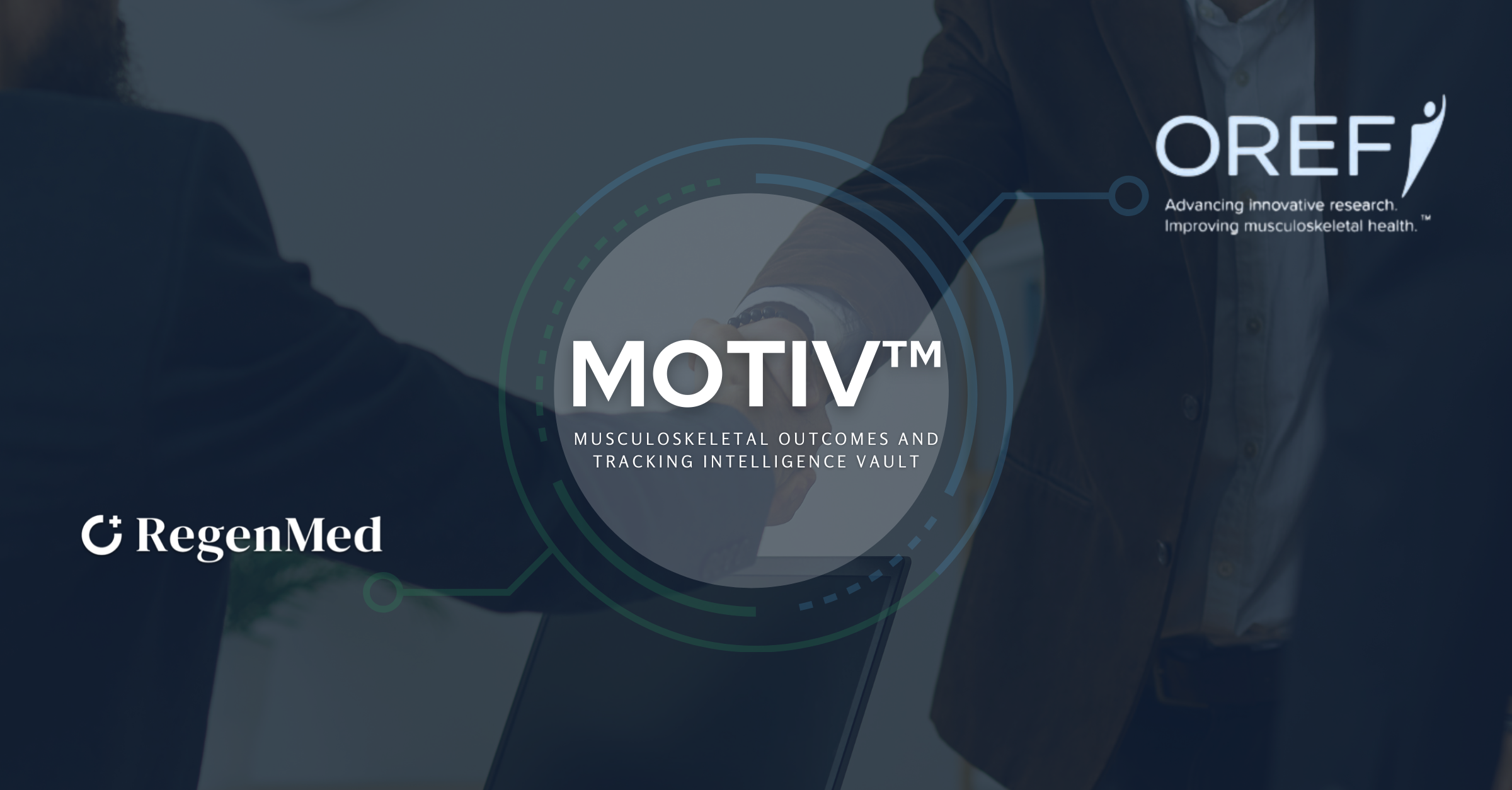The 2026 Veracity Mandate: Moving Beyond Administrative Proxies
The 2026 Veracity Mandate ends reliance on billing codes and administrative proxies. CMS now ties reimbursement to provable clinical outcomes, forcing providers to generate audit-ready, high-fidelity data at the point of care.
Executive Summary: The End of the Proxy EraAs of early 2026, the American healthcare system has reached a critical inflection point in the validation of clinical efficacy and safety. For decades, the industry relied on "administrative proxies"—billing codes, claims data, and retrospective audits—to approximate population health and provider performance. However, a structural transition toward Proven Medical Accuracy is underway, derived directly from the point of care. This shift represents a fundamental realignment of the healthcare economy, where the data generated by a clinical encounter is as vital an asset as the treatment itself.The Systemic Failure of Legacy CodingThe reliance on legacy fee-for-service (FFS) reimbursement models and administrative data architecture has historically created a significant "veracity gap."Limitations of ICD-10 and HCPCS: While ICD-10-CM codes provide classification, they often act as mere proxies for a patient’s actual clinical state. The 2026 updates to ICD-10-CM, including nearly 75,000 codes, highlight an increasing but often overwhelming granularity that still struggles to capture real-time clinical nuances without high-fidelity documentation [1].Coding Discrepancies: These codes are frequently influenced by documentation nuances and financial incentives rather than pure clinical signals. Common errors such as unbundling or upcoding continue to distort the accuracy of claims-based data [2].The "Veracity Gap" in Audits: Traditional administrative datasets often lack the granularity required for high-stakes clinical decision-making or rigorous federal audits. Historical reliance on these proxies has led to compliance risks when documentation does not perfectly align with the reported codes [1, 3].Administrative Bottlenecks: Legacy systems require vast volumes of manual paperwork, deterring the collection of high-fidelity, longitudinal data and creating a bottleneck that AI agents are now being deployed to solve [4].The CMS Shift: Data Accuracy as Revenue DefenseIn 2026, the Centers for Medicare & Medicaid Services (CMS) has altered its enforcement stance, shifting from a focus on "effort" to a focus on "proof."The Removal of Traditional Audit ScoringCMS is moving toward binary standards focused on immediate impact and remediation. If internal data does not reconcile with federal "sources of truth," such as the Provider Enrollment, Chain, and Ownership System (PECOS), organizations face immediate revenue consequences rather than incremental score deductions [1, 5].Automated Oversight and AIThe agency is increasingly utilizing advanced analytics and artificial intelligence to identify safety and efficacy signals in real-time. This proactive approach allows auditors to identify non-compliance and data anomalies before a provider even recognizes the error [1, 4].Outcome-Aligned Payments (OAP)Central to this mandate is the launch of the Advancing Chronic Care with Effective, Scalable Solutions (ACCESS) model. Scheduled to begin July 1, 2026, this 10-year national test focuses on beneficiaries with chronic conditions like hypertension, diabetes, and chronic musculoskeletal pain [6]. Unlike traditional FFS, ACCESS provides recurring payments explicitly tied to achieving measurable, guideline-informed health outcomes against each patient's own baseline [7].From Billing Codes to Proven Medical AccuracyThe transition to Proven Medical Accuracy requires capturing high-trust evidence as a byproduct of care rather than as an administrative afterthought.Point-of-Care Data Integrity: High-fidelity datasets must meet new regulatory and reimbursement requirements for medical accuracy. This is particularly vital in new models where payment is tied directly to clinical results rather than service volume [6, 7].Role of Interoperability: Mandates for FHIR®-based APIs ensure that high-accuracy data flows seamlessly between participants, reducing the friction previously inherent in data exchange [8].Audit-Ready Ground Truth: To survive in a binary audit environment, organizations must maintain an "audit-ready" ground truth that is verifiable and free from the artifacts of legacy coding practices [1, 5].Strategic Implications for Healthcare ExecutivesThe 2026 Veracity Mandate demands a total re-evaluation of data strategy and operational governance.Reclassify as a Tech-Enabled Asset: Organizations that can provide verified clinical veracity can shift from "service business" valuations to higher tech-enabled asset multiples by proving outcomes with data-driven precision [7, 8].Establish Strict Internal Reporting: Compliance is no longer a soft target; practice locations, ownership, and clinical outcomes must be reconciled within strict non-negotiable windows to avoid revenue stoppages [1, 5].Invest in Explainable AI: As AI becomes integrated into operations, executives must demand "explainability" to defend decisions during federal scrutiny and mitigate liability risks [4].Prioritize Quality Over Volume: ACCESS incentives reward specialists who detect worsening conditions early and use technology to prove functional recovery rather than those who simply increase procedural volume [6, 7].ConclusionThe 2026 Veracity Mandate is an opportunity for the medical profession to re-establish primary authority through verifiable proof. By moving beyond administrative proxies and embracing proven medical accuracy, leaders can safeguard revenue, reduce liability, and drive higher business valuations in an increasingly transparent global market.
See more




.png)

.png)
